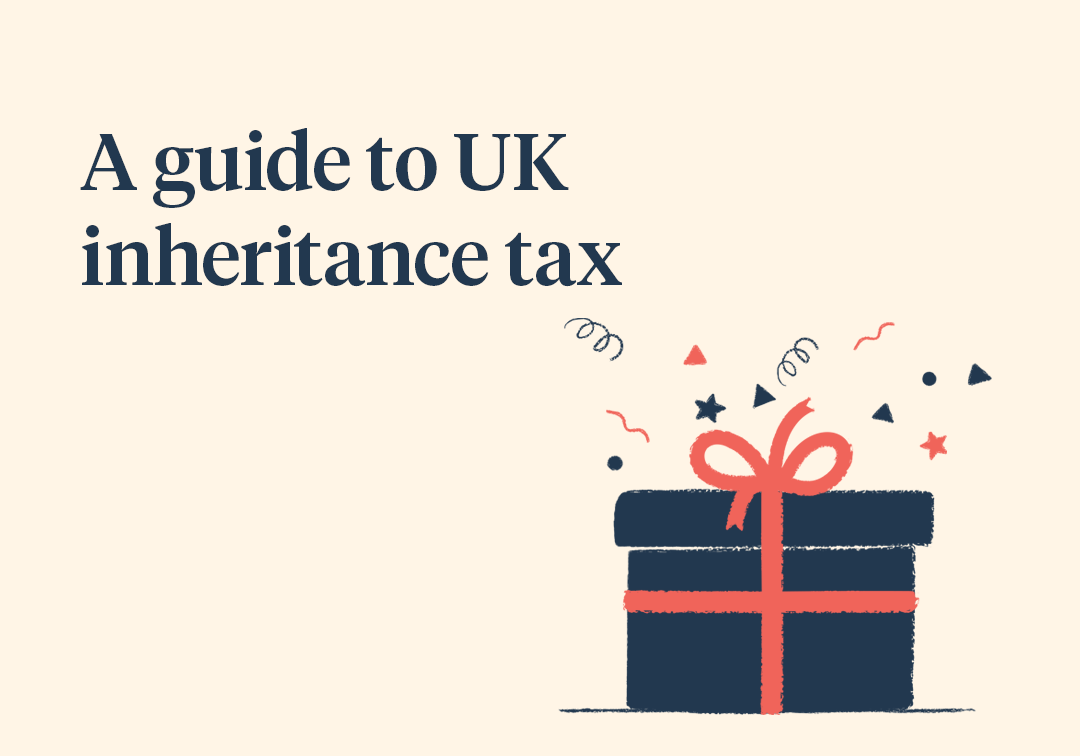In the world of philanthropy (and tax…) every penny counts. That’s why Gift Aid can be a smart choice for higher-rate or additional-rate taxpayers keen on supporting a charity or community amateur sports clubs (CASCs) whilst benefiting from tax savings.
What is Gift Aid?
Gift Aid is a government initiative designed to maximise the impact of donations to UK charities by allowing them to claim back the basic-rate tax on donations made by UK taxpayers.[1] Sound confusing? Let us break it down. For every £1 you donate, the charity can claim an extra 25p, making your contribution go further—all at no additional cost to you. Sounds like a win-win situation…
However, there’s one condition: you must have paid enough Income Tax or Capital Gains Tax in the same tax year to cover the amount being reclaimed by the charity. If not, you may be required to pay back the difference to HMRC, so it’s important to incorporate this into your financial planning.
It’s also worth noting that there is a limit to the value of donations that are eligible for Gift Aid. Your donations only qualify as long as they’re not more than four times what you have paid in tax that year.[2]





